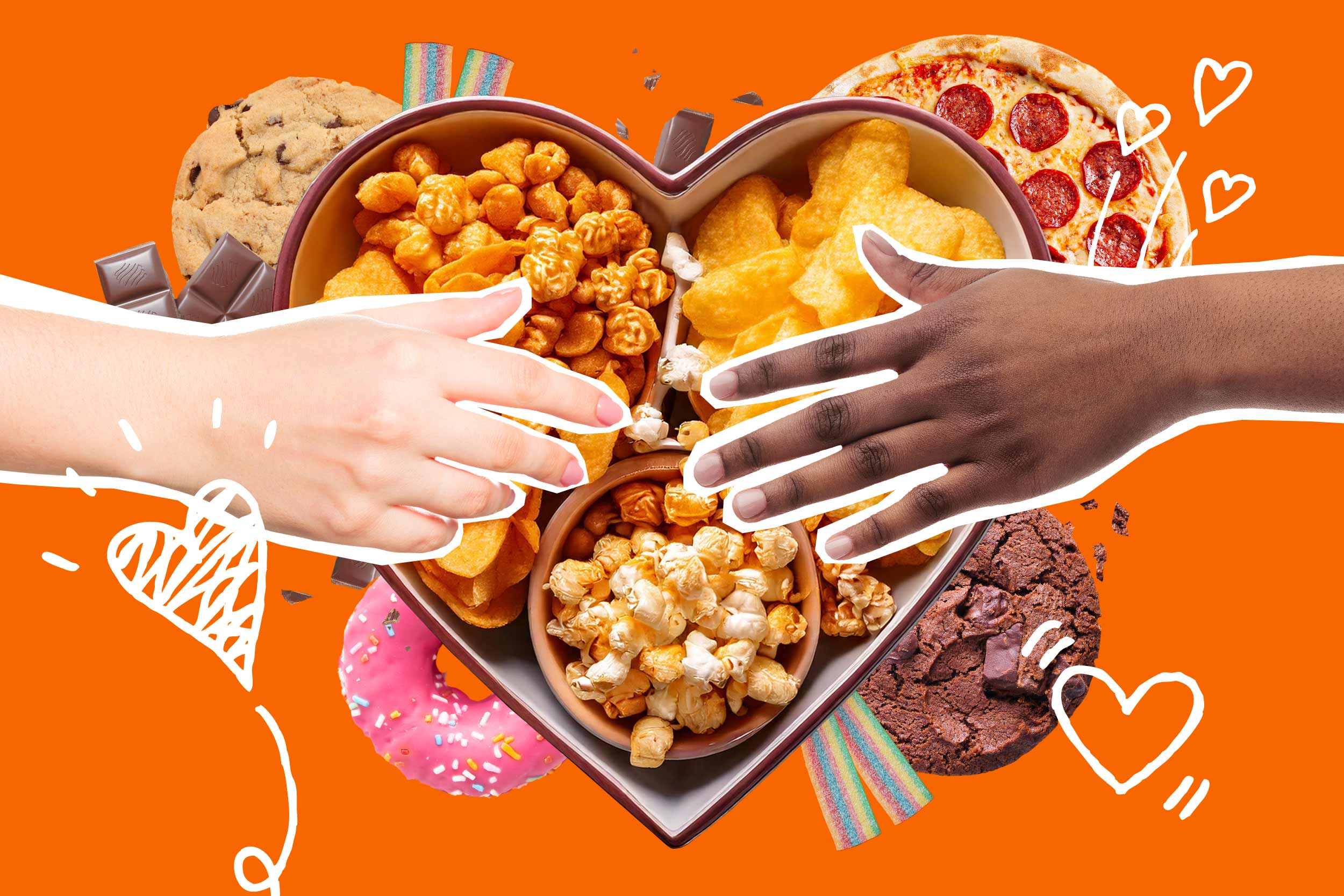Your partner’s rotten behavior is not making you reach for that Little Debbie snack cake, new research from the University of Virginia shows.
Previous studies have associated stressful relationships with unhealthy overeating, which, over the long term, leads to poor health. But new work has found the opposite.
When your partner isn’t offering you the emotional support you need, didn’t pay the mortgage on time or has somehow violated your trust, researchers found people were not reaching for a pint of ice cream or a bag of chips.
“When you have these kinds of moments of relational stress, interestingly enough, snacking for individuals goes down,” Jennifer MacCormack, an assistant professor of social psychology, said. “That actually surprised us because it was a little different than what we had anticipated.”











